It Was a Very Good Year: 2015
Despite an air of xenophobia, 2015 has altogether been pretty a great year as a spotlight was shone on marriage equality, transgender issues, and more
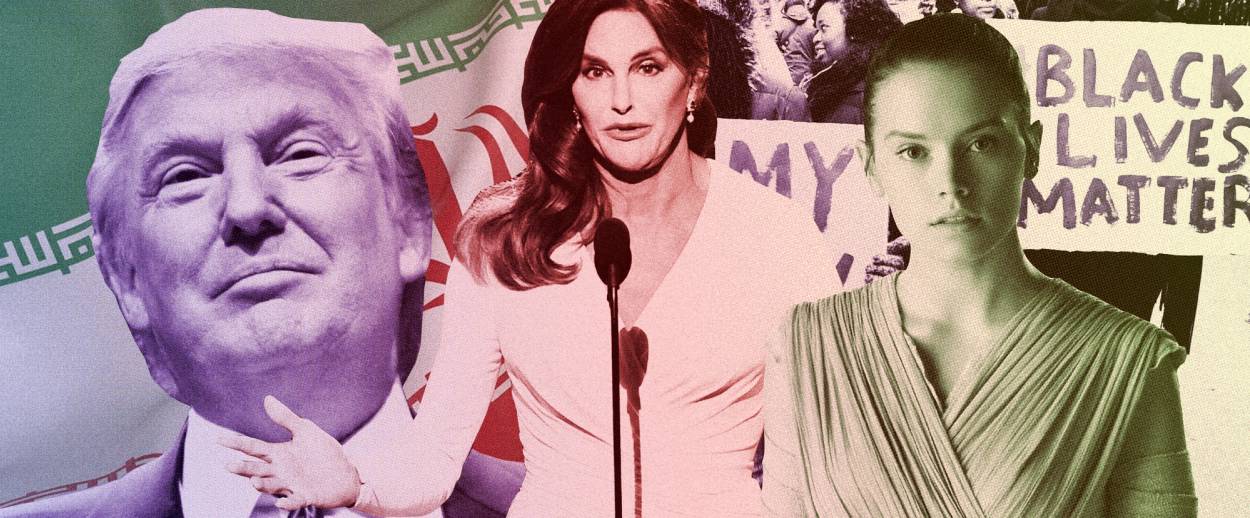
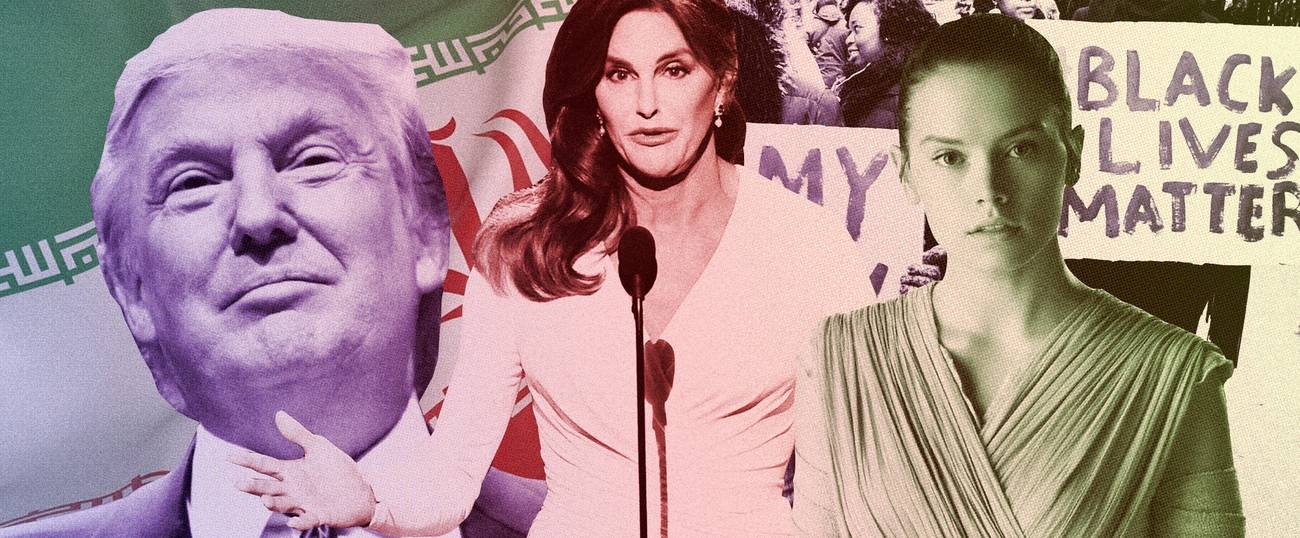


Like most reasonably sentient people, I mainly classify years in personal milestones: the year I got married, the year I got a dog, the year I figured out that part of being an adult means actually paying the cable bill before they turn off your capability to order pay-per-view (that was this year, by the way, so at least I know it wasn’t a total wash). On a personal level, you’ll be pleased to know that 2015 turned out to be the year I finally bought the sectional for the living room I’ve been talking about wanting since about 1998, and I typed this article on a laptop with its own working keyboard. As a semi-journalist, however, I also try to look at the scope of the year as it plays out in cultural touchstones. What happened this year that made us think about things in a new way? Were they useful or enlightening? Do they reflect (as perhaps the best cultural entertainment products do) how have we, as a society, progressed? And, to paraphrase that now-infamous Reaganism that will haunt all Americans to our dying day: Are we better off now than we were one year ago?
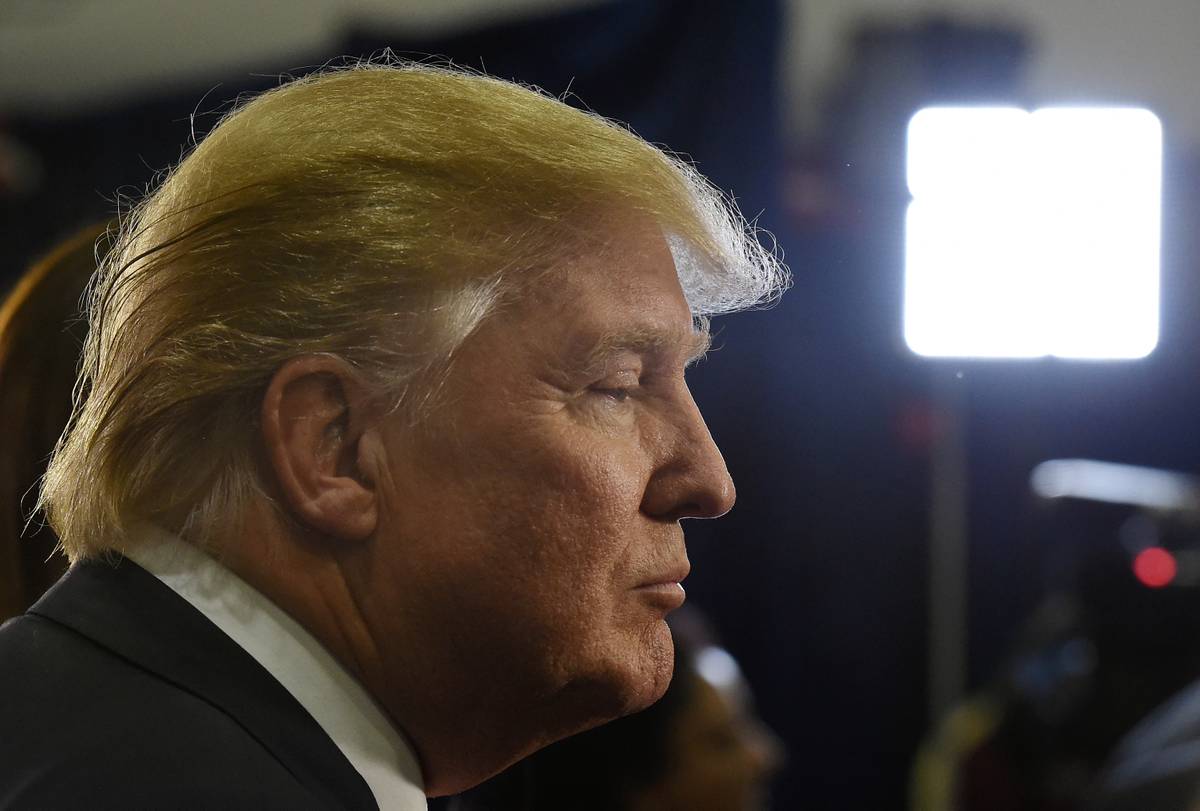
It’s hard to remember this—in a year that saw a reality show host-cum-presidential hopeful spout rhetoric about Muslims that wouldn’t sound out of place in 1930s Nuremberg, and in a month when people were slaughtered for attending a holiday party for disabled adults in San Bernardino—but some pretty great things happened in 2015.
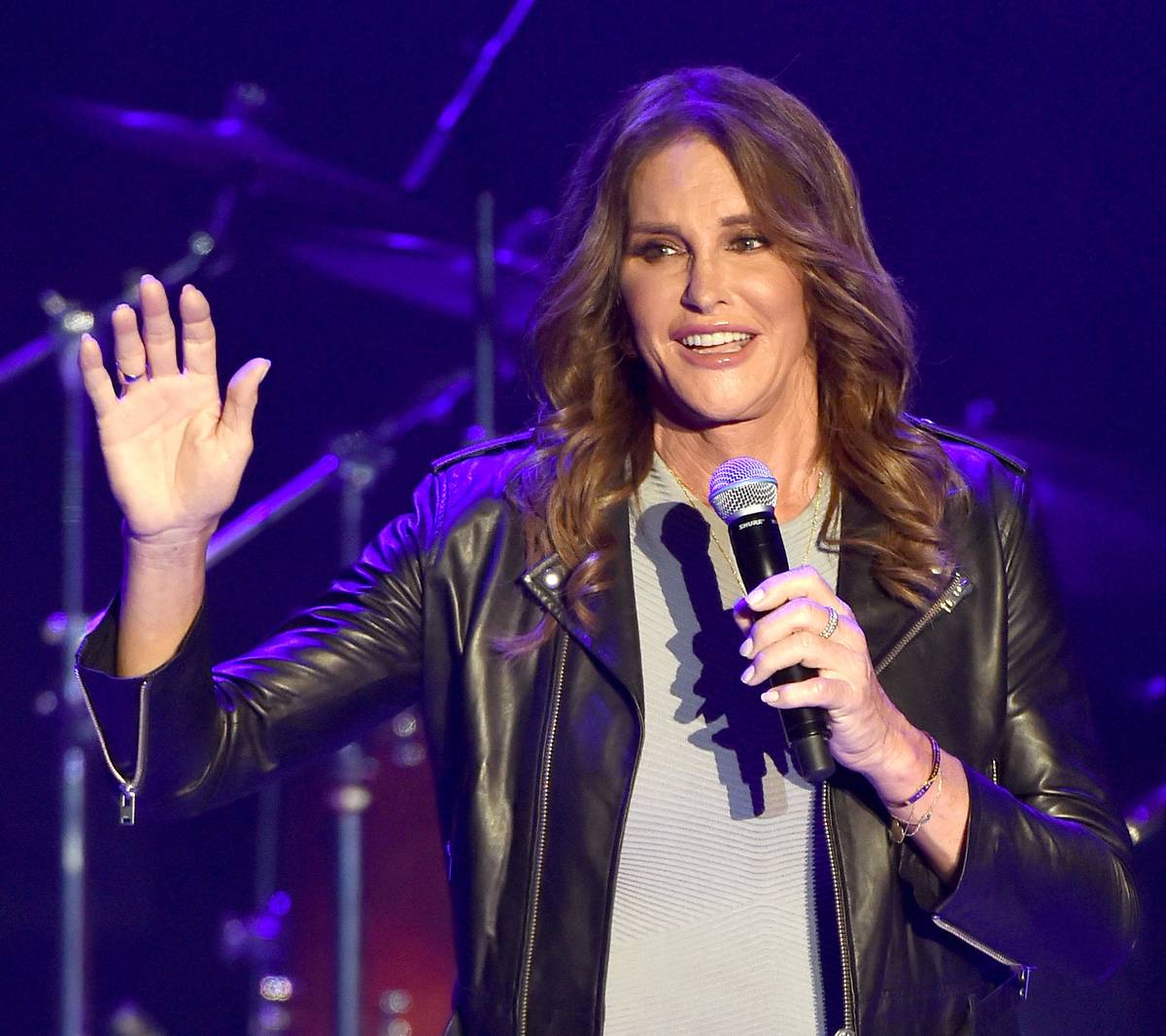
Marriage equality became the law of the land. Thanks to shows like Transparent and the epic saga of Caitlyn Jenner (if you thought Bruce Jenner was boring and vapid, you won’t find Caitlyn particularly more interesting, although I guess we’ll see when she inevitably speaks at the Republican National Convention next year), transgender issues are front and center in the national conversation in a way that would have been unthinkable less than a decade ago, when these individuals were portrayed as punch lines, not people. Likewise, thanks to the protests in Ferguson and at the University of Missouri, police brutality and institutionalized racism, once known mainly as a fearful threat to the communities most victimized by them, are respectively being discussed with a focused outrage I can’t remember hearing in my lifetime.
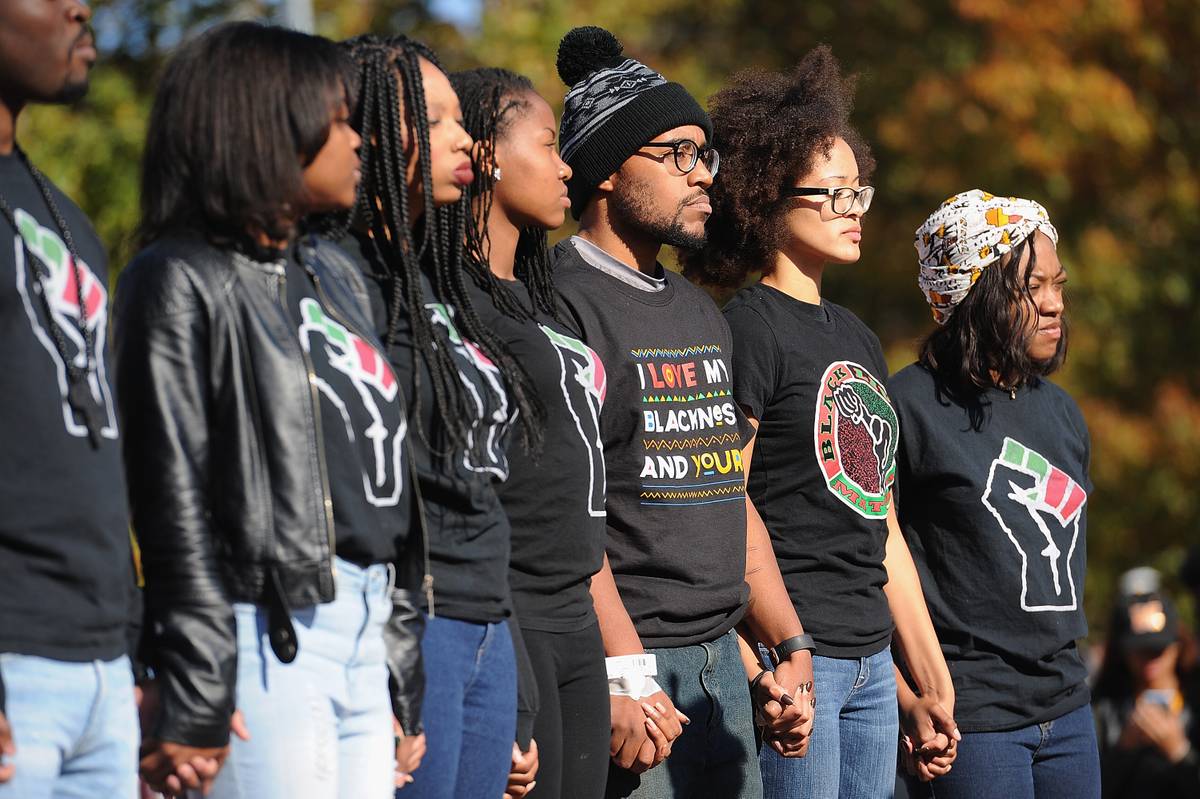
In general, 2015 will be remembered as the year people started speaking up for themselves—particularly women who spoke up about sexual assault on college campuses (in some cases, lugging around the offending mattresses), minorities who became tired of looking the other way at a racist joke or a lack of representation in media—and were actually listened to. There have certainly been excesses of sensitivity, too—the so-called “trigger warnings” that require professors to allow students to excuse themselves from engaging with any material that may make them uncomfortable or challenge their pre-existing beliefs; the dreary parade of “microaggression” police, demanding abject apologies from anybody who has said something they misunderstood. Bolstering the rights of women, and pressing for deeper inclusivity and sensitivity across a wide range of subjects? None of that can be a bad thing—and one to which Jewish American, who have long been negotiating the tricky territory between assimilation and representation, should find particular welcome.

And then, of course, there’s Hollywood, the world in which I found myself ever deeper embroiled this year. In my humble opinion, 2015 was the year when Hollywood finally realized that women and people of color exist, watch TV and see movies, and have money to spend. This is the year that began with Empire, a television show with an almost exclusively African-American cast (and, not incidentally, writers’ room) became the biggest hit on network television, and ended with a female character heading up the newest installment of the Star Wars franchise (while being the first movie to make $100 million at the box office in a single day.) It’s long been conventional wisdom that people want to see themselves in the media they consume, that they will gravitate towards such portrayals, but 2015 is the year that proved that everyone else wants to see them too. There’s still a long way to go, but incremental progress is the only progress there is. By that measure, it’s been a pretty good year. Here’s to 2016.
Related: Read Rachel Shukert’s 2015 archive here.
Rachel Shukert is the author of the memoirs Have You No Shame? and Everything Is Going To Be Great,and the novel Starstruck. She is the creator of the Netflix show The Baby-Sitters Club, and a writer on such series as GLOW and Supergirl. Her Twitter feed is @rachelshukert.